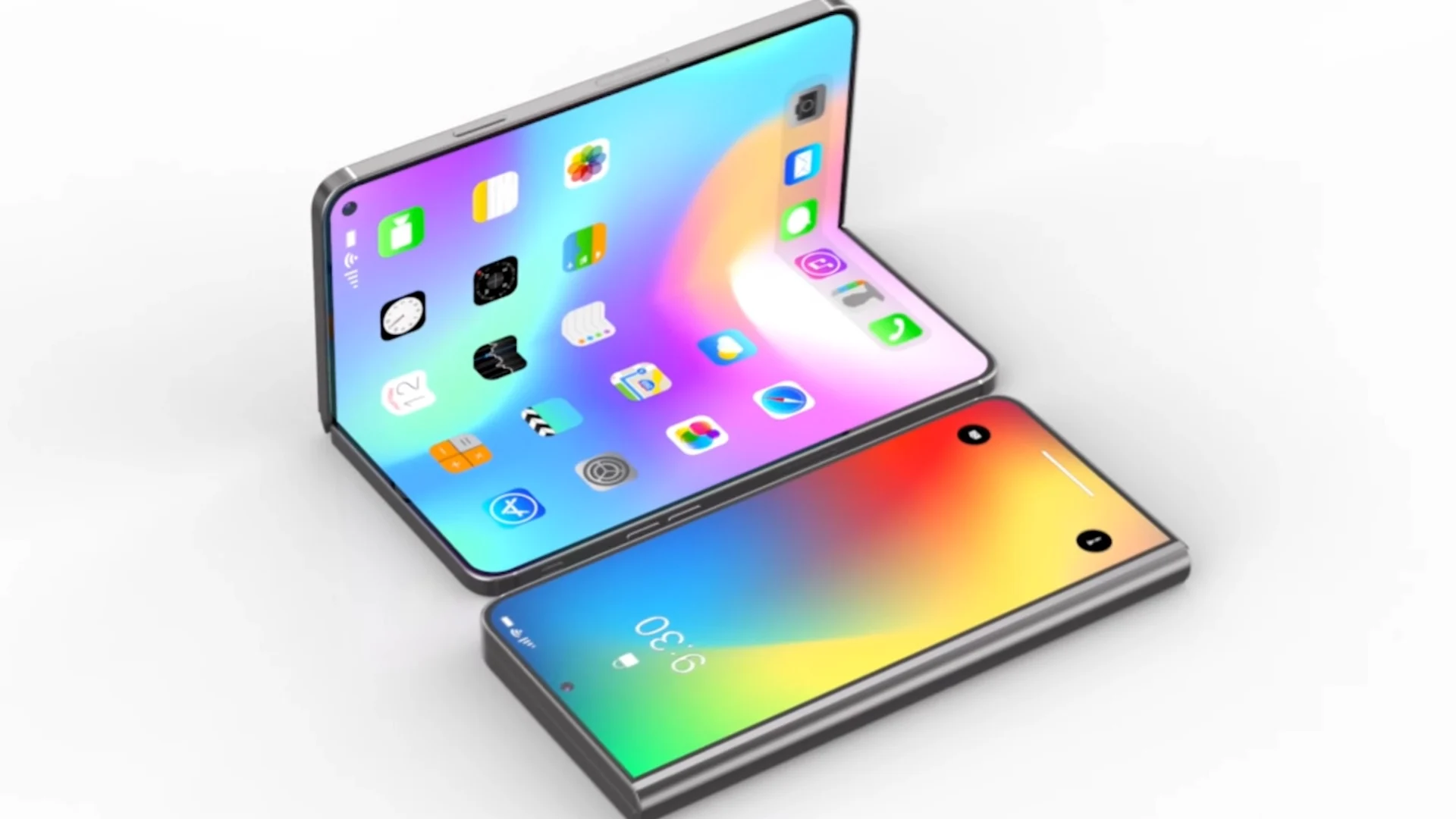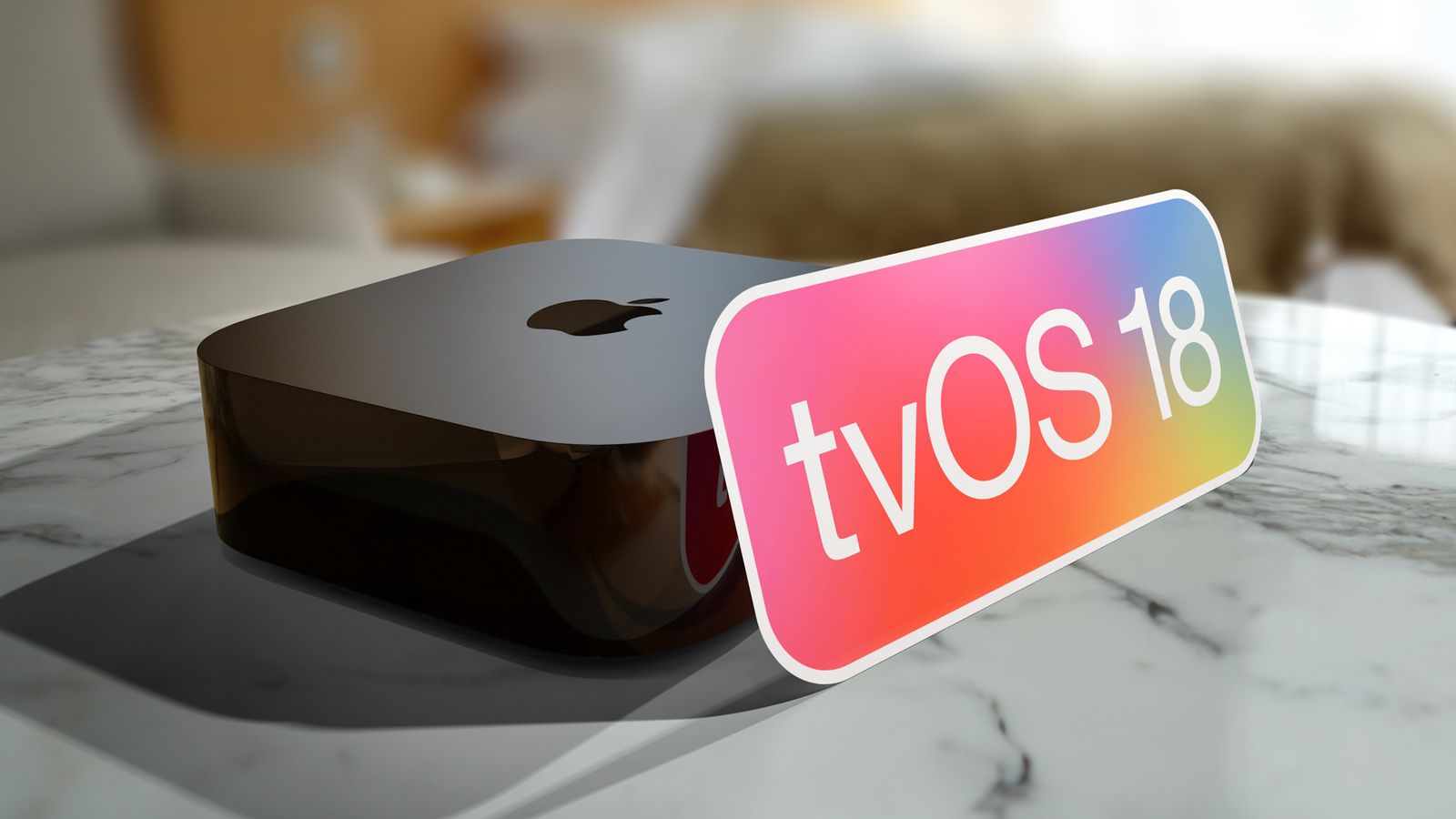Apple is getting ready to show off macOS 16 at WWDC 2025, and it looks like this update will focus on making everyday tasks on your Mac easier and smarter. While we won’t see big design changes, some useful features are on the way.
One of the biggest updates will be a smarter System Settings app. Right now, it’s harder to use compared to the old System Preferences. Apple plans to fix this by making it more organized and easier to navigate, especially with better search.
Another key change is coming to the Calculator app. For the first time in many years, it’s getting a fresh design. The new version may look like the iOS calculator, but it will also include a history log and unit conversions. Plus, a redesigned Math Notes feature will let you write out math problems and get answers using Apple Pencil or keyboard.
Apple Notes is also improving. You’ll be able to solve math problems directly inside notes with a feature that works with Math Notes. This should be handy for students or anyone working with numbers.
Finally, the Safari browser is expected to get an “Intelligent Search” option, which uses AI to summarize webpages. This could help you find important info faster without reading everything.
These updates show Apple is focused on useful changes instead of big visual updates. We’ll know more when WWDC begins on June 10.





